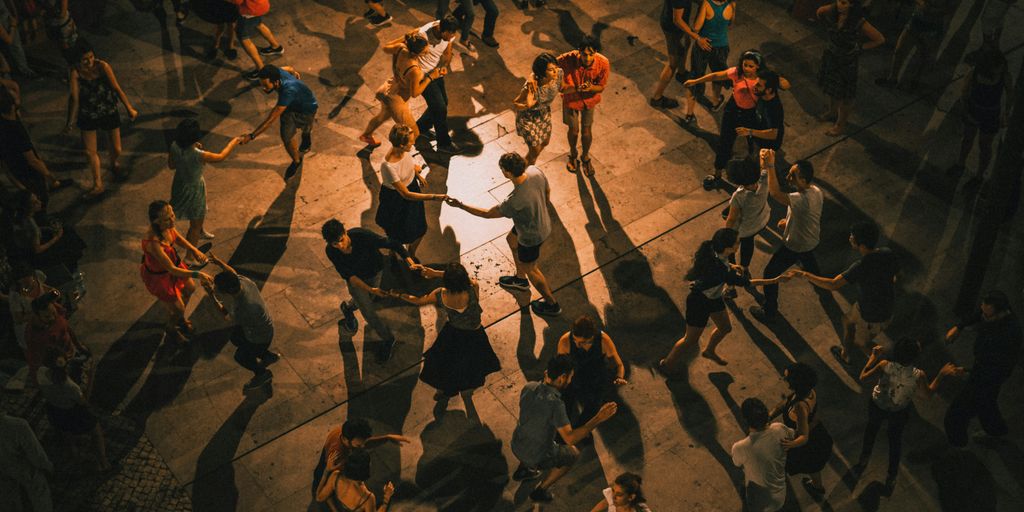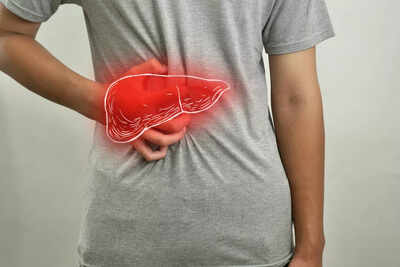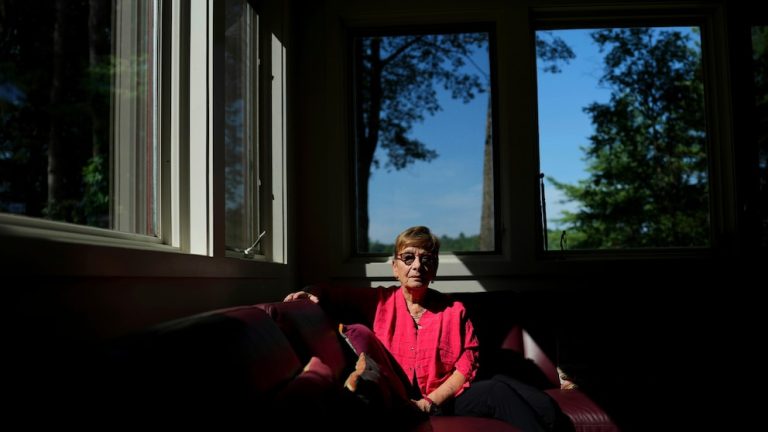
The United Arab Emirates (UAE) boasts a rich tapestry of cultures, blending tradition with modernity seamlessly. From the bustling streets of urban hubs to the serene landscapes of historical sites, the Emirates offer immersive experiences that captivate the senses. Let’s delve into the cultural tapestry of the UAE, uncovering its vibrant heritage sites and inviting hospitality.
Key Takeaways
- The UAE’s art scene is a blend of traditional and contemporary forms, including the intricate designs of Arabic henna and the unique weaving art of Sadu.
- Historic sites like Al Fahidi Historic District, Al Jahili Fort, and Sheikh Zayed Grand Mosque offer a glimpse into the UAE’s rich history and architectural marvels.
- Traditional Emirati cuisine is characterized by its use of spices and unique dining etiquette, offering a flavorful journey through popular dishes.
- Festivals and celebrations such as National Day, Dubai Shopping Festival, and Eid Al-Fitr and Eid Al-Adha highlight the vibrant and diverse cultural practices in the UAE.
- Falconry, a revered tradition in the UAE, showcases the deep connection between the Emirati people and their heritage, with modern practices still honoring ancient techniques.
The Art and Craftsmanship of the UAE
The UAE’s deep culture is reflected in its diverse art scene. The country’s appreciation for art is demonstrated through its poetic language, vibrant colours of traditional artwork, distinct gestures, and the passion of its people. From the intricate designs of the Arabic henna that resemble good luck and prosperity in marriages to the unique art of weaving, known as Sadu, listed under UNESCO’s List of Intangible Cultural Heritage, the UAE beams with authentic creativity. Home to a range of performing arts and traditional crafts, the UAE is a haven for art enthusiasts.
Traditional Weaving: Sadu
Sadu weaving, a Bedouin style of weaving, is a celebrated craft in the UAE. This traditional art form involves creating intricate patterns using wool and cotton. Sadu weaving is not just a craft; it is a storytelling medium that reflects the Bedouin lifestyle and heritage. The vibrant colours and geometric patterns are a testament to the weavers’ skills and creativity.
Arabic Henna Designs
Arabic henna designs are an integral part of Emirati culture, especially during weddings and festivals. These intricate designs symbolize good luck, joy, and beauty. Henna artists use natural henna paste to create stunning patterns on hands and feet. The art of henna is passed down through generations, preserving its cultural significance.
Contemporary Emirati Art
The contemporary art scene in the UAE is thriving, with numerous galleries and exhibitions showcasing modern art forms. Emirati artists are gaining international recognition for their innovative works that blend tradition and modernity. Contemporary Emirati art often explores themes of identity, heritage, and the rapid transformation of the UAE. The government supports the arts through various initiatives, making the UAE a hub for artistic expression.
Historic Sites and Monuments
Step back in time in the Al Fahidi Historic District, a beloved heritage site on the Dubai Creek Banks. This area offers a glimpse into the small, port city of Dubai decades ago, with its traditional houses, markets, and public spaces. Explore the charm of old Dubai and discover the unconventional beauty in its historic neighborhoods.
Al Jahili Fort stands as a significant historical landmark, narrating the tales of Abu Dhabi’s past, its transformation, and its resilience. This fort is a testament to the architectural and historical landscape of the UAE, offering visitors a peek into the country’s rich history.
The Sheikh Zayed Grand Mosque is an architectural marvel and a symbol of the UAE’s cultural heritage. This grand structure not only serves as a place of worship but also as a center for cultural understanding and exchange. Visitors can explore the mosque’s stunning design and learn about the blend of tradition and innovation in Emirati culture.
Traditional Emirati Cuisine
Popular Dishes to Try
Emirati cuisine is a flavor-packed journey through the region’s rich culinary heritage. Traditional dishes like Harees, a wheat and meat porridge, and Makboos, a saffron-infused rice dish with meat or fish, are must-tries. Other specialties include Salona, a slow-cooked stew with vegetables, and Madrooba, a rich dish made from salted fish, rice, and spices.
The Role of Spices in Emirati Cooking
Spices play a crucial role in Emirati cooking, adding depth and complexity to each dish. Commonly used spices include saffron, turmeric, and cinnamon. These spices not only enhance the flavor but also reflect the historical trade routes that brought these ingredients to the UAE.
Dining Etiquette in the UAE
When dining in the UAE, it’s important to be aware of local customs. Always use your right hand for eating and passing food. Sharing food is a common practice, and it’s customary to try a bit of everything offered. Additionally, it’s polite to compliment the host on the meal.
The charm of local Emirati cuisine is truly captivating, offering a harmonious blend of tastes that have been passed down through generations.
Festivals and Celebrations

The UAE’s National Day on December 2nd is a grand celebration of the union of the seven emirates. The day is marked by parades, cultural shows, and spectacular fireworks that display Emirati heritage. It’s a time when the entire nation comes together to honor its history and achievements.
National Day is a vibrant display of national pride and unity, showcasing the rich cultural tapestry of the UAE.
Partaking in Dubai’s festivals offers a window into the city’s cultural soul. The Dubai Shopping Festival (DSF) is a month-long extravaganza that combines shopping with entertainment. Events like DSF highlight the city’s creativity and innovation, featuring local artistic talents and handmade crafts. This festival is a must-visit for anyone looking to explore Dubai’s cultural and commercial vibrancy.
Religious festivals such as Eid al-Fitr and Eid al-Adha are enthusiastically celebrated, bringing Emirati families and communities together. These festivities serve as times of celebration and opportunities for Emiratis to reconnect with their culture and share it with the world. Joyous feasts, family gatherings, and traditional music and dance are central to these celebrations.
The Role of Falconry in Emirati Culture
Falconry, the art of training and hunting with falcons, has been a popular pastime in the UAE for centuries. This revered tradition dates back to some of the oldest trade ties between the Gulf and other nations, stretching from East Africa to the subcontinent. Falconry has a deep connection to nature and is a way for Emiratis to preserve their way of life while respecting and honouring these majestic birds.
Training a falcon is a meticulous process that requires patience and skill. Emiratis have perfected various techniques over the centuries to train these skilled hunters. The process involves:
- Selecting a young falcon
- Gradual acclimatization to human presence
- Teaching the bird to respond to commands
- Training for hunting small game
Falconry is more than just a sport; it’s a cultural heritage that has been passed down through generations.
In modern UAE, falconry remains a significant cultural event, reinforcing the country’s connection to its past. The sport is celebrated through various festivals and competitions, bringing communities together in a festive atmosphere. Falconry is not just a hobby but a way to reconnect with Emirati traditions and share them with the world.
Exploring the Souks
Luxury in the sands: Discover Dubai’s blend of heritage and innovation through high-end fashion havens, cultural shopping experiences, and diverse culinary delights. The Gold Souk is a dazzling marketplace where you can find magnificent gold jewelry in various Karat counts. These stunning pieces are often available at prices below the market rate, making it a must-visit for anyone looking to buy gold.
Experience the aromatic Arabian homegrown spices at the Spice Souk. With various organic spices, nuts, dry fruit, and oils, every meal you cook with these high-quality ingredients is sure to have a burst of flavor! Located in Deira, the Spice Souk is open from 10 AM to 2 PM and 4 PM to 10 PM, with Friday hours from 4 PM to 10 PM.
Walking through the labyrinthine souks, one can witness the age-old art of haggling, a tradition deeply ingrained in the local culture. Here, vibrant spices scent the air, intricate textiles beckon, and the lively banter of merchants fills the atmosphere.
Discover our three favourite souks in Abu Dhabi. Top 3 souks to explore in Abu Dhabi. Qaryat Al Beri Souk. Combining tradition and modernity, the Qaryat Al Beri Souk offers a unique shopping experience. From luxurious fabrics to traditional garments, this souk is a treasure trove for textile enthusiasts.
Performing Arts and Music
Traditional Dance Forms
Traditional Emirati dance forms are a vibrant expression of the nation’s cultural heritage. Visitors may be lucky to see men lined up in a row, performing ayyala, holding thin bamboo canes and moving in sync to a percussive rhythm. Other forms of dance include razfa, which often involves reciting lines of poetry and handling other objects, such as daggers or rifles.
The Influence of Bedouin Music
Music has historically been connected with poetry, with traditions such as al shila and al wana combining music and verse. These traditional forms are a testament to the rich cultural tapestry of the UAE. Bedouin music, with its soulful melodies, continues to influence modern Emirati music.
Modern Music Scene in the UAE
Dubai now has a thriving scene that includes both homegrown artists strumming at local cafés, and international superstars selling out arenas and concert halls across the city. The Dubai Opera is a multi-purpose performing arts space that acts as a concert hall, theater, and fashion show stage. This magnificent structure at the heart of Dubai pays homage to its marine ancestry through its dhow boat resembling exterior and three-story chandelier, which is supposed to represent bubbles in the water.
Discover Dubai’s vibrant events scene with family-friendly fun, live entertainment, sports competitions, and cultural highlights. Dubai’s dynamic directory offers a diverse range of activities for all ages.
Conclusion
The United Arab Emirates stands as a beacon of cultural richness and diversity, where the past and present intertwine seamlessly. From the bustling souks and ancient forts to the modern art galleries and cosmopolitan cities, the UAE offers a unique blend of experiences that cater to every traveler. The nation’s commitment to preserving its heritage while embracing modernity is evident in its vibrant cultural scene, making it a must-visit destination for those seeking to immerse themselves in a world of tradition and innovation. As you explore the UAE, you will uncover the stories, traditions, and values that define this dynamic nation, leaving you with a deeper appreciation for its cultural tapestry.
Frequently Asked Questions
What are some traditional crafts of the UAE?
The UAE is known for its traditional crafts such as Sadu weaving, Arabic henna designs, and intricate jewelry making.
Which historic sites should I visit in the UAE?
Some must-visit historic sites in the UAE include the Al Fahidi Historic District, Al Jahili Fort, and the Sheikh Zayed Grand Mosque.
What are popular dishes in traditional Emirati cuisine?
Popular dishes in Emirati cuisine include Al Harees, Al Machboos, and Luqaimat. These dishes are often rich in flavor and use a variety of spices.
What festivals are celebrated in the UAE?
Major festivals in the UAE include National Day Celebrations, Dubai Shopping Festival, and the religious festivals of Eid Al-Fitr and Eid Al-Adha.
What is the significance of falconry in Emirati culture?
Falconry is a traditional sport in the UAE that dates back centuries. It is considered a symbol of heritage and is practiced with great reverence.
Where can I experience traditional markets or souks in the UAE?
Traditional markets or souks can be found in various emirates, such as the Gold Souk in Dubai, the Spice Souk in Sharjah, and the Textile Souk in Abu Dhabi.


